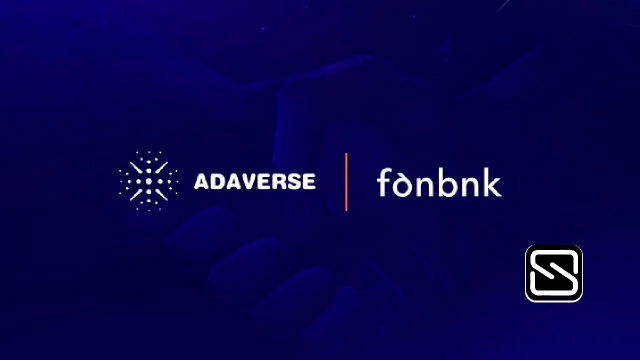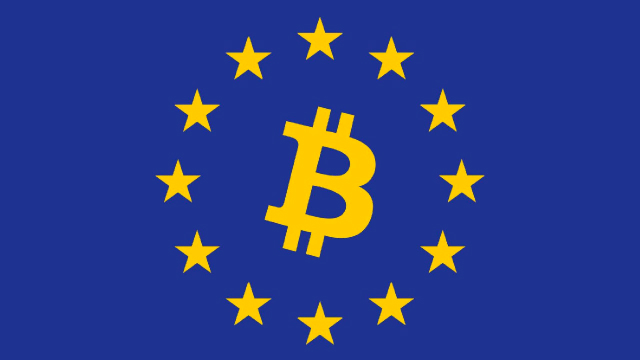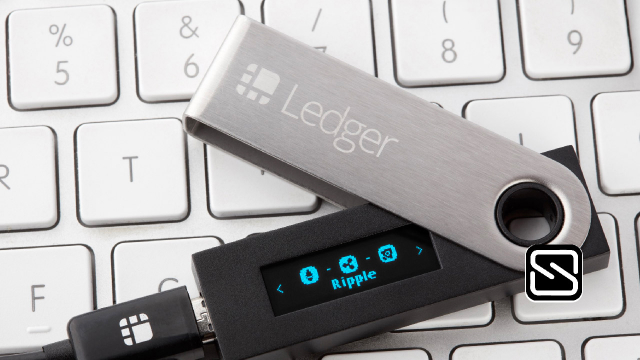The Nelson Mandela Foundation has launched a digital patronage program leveraging non-fungible tokens (NFTs), offering 1,918 early adopter memberships for a total estimated value of $1,918,000 for each one. The NFTs’ number tally with Nelson Mandela’s birth year, a sort of obeisance to the late South Africa President and activist.
The launch commemorates Mandela’s 1994 inauguration as South Africa’s first president following the fall of Apartheid and occurs ten years after his joyful departure for the great beyond. To begin its digital patronage program, the Nelson Mandela Foundation partnered with New Zealand-based studio and NFT marketplace Glorious Digital.
Glorious Digital and the foundation’s archival team will serve as facilitators and curators of insider content and experiences for the 1,918 patrons. Net proceeds from the Nelson Mandela Foundation Digital Patronage sale will go to the foundation.
In a statement, the organization noted that each patronage is presented with a unique digital artwork for members to display.
NMF stated, “Drawing on Nelson Mandela’s personal archive held by the NMF, together with other authorized collections, Nelson Mandela: A Portrait in 27 Colours will commemorate the 27 years Nelson Mandela spent in prison fighting injustice in his country.”
The 1,918 Patronage holders are promised ongoing benefits in addition to the original artwork, including membership in an exceptional, exclusive members cohort and community, gifts of digital artworks from the archive, exclusive invitations to curated Nelson Mandela Foundation events, both online and in-person, chances to take part in the foundation’s activities and initiatives, and access to a digital members-only portal of curated content.
The Nelson Mandela Foundation (NMF) selected Glorious Digital as a partner because it deploys a less popular blockchain. It is also not as well-established as an NFT marketplace as Opensea or Rarible.
“Having a track record of successfully and securely selling out multiple digital fine art releases as well as other digital asset projects, and collaborating with international institutions such as Wimbledon, the NMF felt they had found the best partners for this endeavor,” the New Zealand-based NFT marketplace stated.
Furthermore, according to NMF, the values and creative identity that Glorious Digital prides itself on align with those of the Foundation, and they demonstrated a clear understanding of the precious nature of the legacy that the Foundation has been entrusted with.









